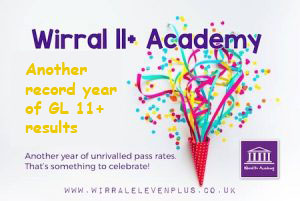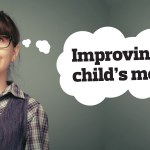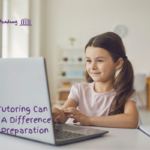Maths and English are the core subjects at the heart of education, therefore it’s important our children get the very best start in these subjects. Children are more successful learners when their parents are involved and supportive. There is no substitute for formal education but there are many things you can do at home to strengthen their maths and English skills and support the work they are doing at school.
Start Early
Adopt a positive attitude to learning from the start and make it an adventure to be enjoyed. Your children will adopt your attitudes to many aspects of life and learning is no exception so try and highlight how useful maths is in every day life and how spoken language and written words are everywhere from TV, books, the internet and more. Make a fuss when your child introduces a new word into his vocabulary or when she solves a maths problem. Positive feedback from you will make them hungry to learn more.
Mental Arithmetic
Teaching maths doesn’t require paper and pencils or books and calculators. Make lessons from daily activities like counting the stairs as you climb or the steps as you walk to the post box. As they get older count in twos or threes. Let children help in the kitchen by measuring and weighing ingredients. Get them to assist with DIY projects by measuring areas or calculating material quantities.
Practice sums when paying for goods in shops or counting change or calculating the ‘per item’ cost of BOGOF deals. In the car, ask them to estimate your arrival time based on speed and distance.
Solving Problems
Allow plenty of time to think problems through and don’t be critical if they get things wrong – practice makes perfect, so encourage them to try again. Offer guidance on how to tackle problems and help them identify strategies for solving different questions. If your child has a vested interest in the answer they will apply themselves more readily, so ask them to add up the bill or calculate the tip when eating out, with dessert as the reward for success or to work out the cost for a family trip to the cinema, with popcorn as the prize.
Reading
Reading with your child is the single most important thing you can do to help with language development. Make it fun, discuss what you are reading and ask for their ideas on the story. Visit the library every week and look for books on topics of interest to your child. Have a regular reading time each day. This is a special time your children will cherish, spent with you without distractions and will reinforce the pleasure that can be derived from books.
Vocabulary
Another way to bolster language skills is by introducing new words into their vocabulary through daily conversation. Children will ask you to explain new words so have a simple definition ready and respond by explaining the meaning and asking them to use it to construct a sentence of their own. Be sure to acknowledge when you hear them using new words and keep using them to reinforce the learning process. The more words your children understand, the easier it is for them to learn and express themselves, so a wide vocabulary will have a positive effect on all future studies.










